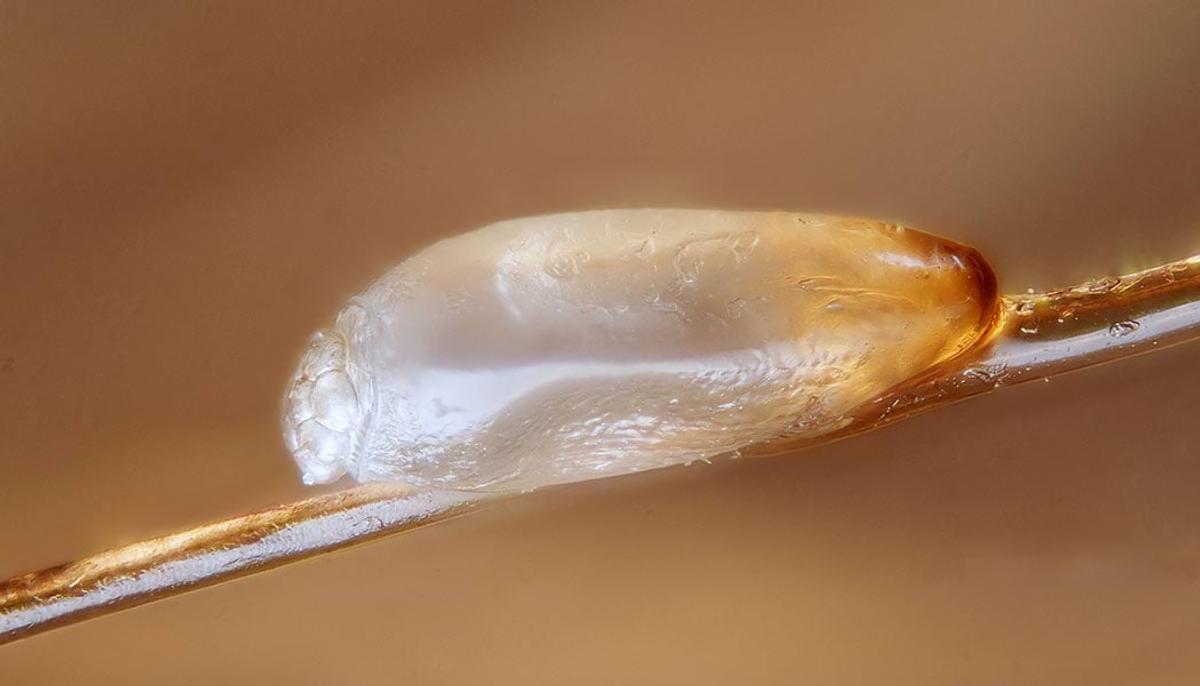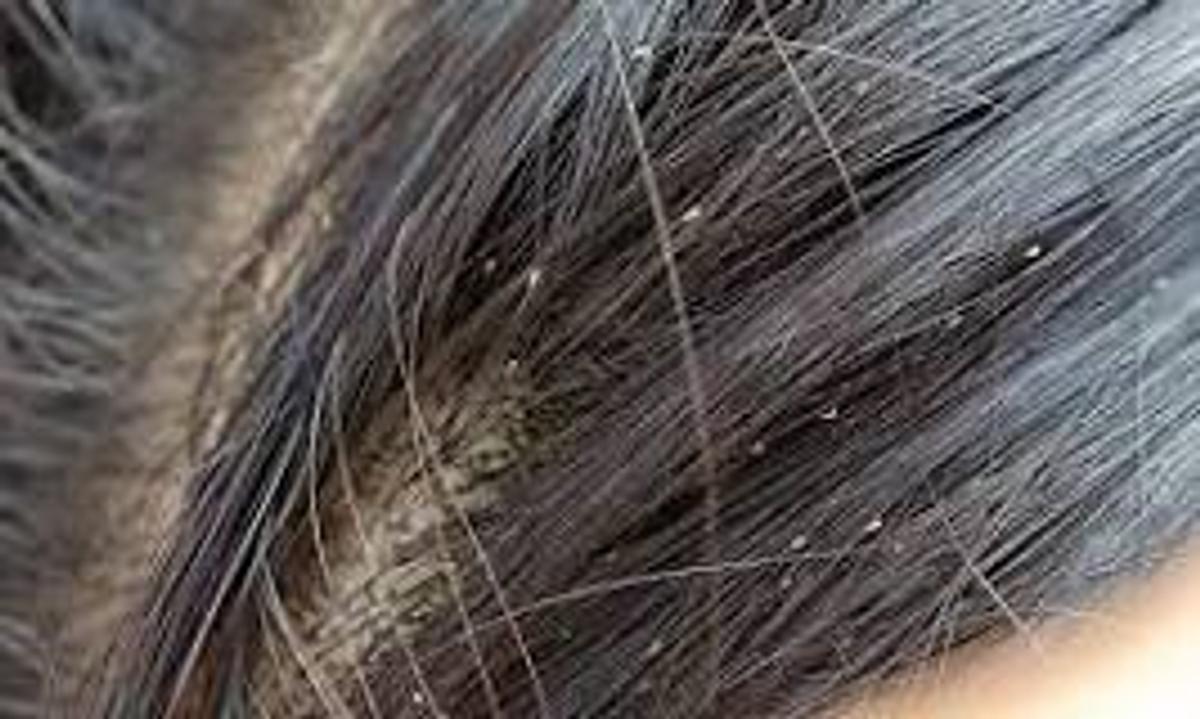School Nurse
Nurse Cecile

School Nurse
Nurse Cecile
Head lice (nits) are a common problem in primary school aged children so this is a reminder to check your child regularly. Head lice do not spread disease, but their bites can cause itching and sometimes skin irritation. There are safe and effective ways to treat head lice at home.


Head lice are tiny wingless insects about the size of a sesame seed that live in the hair of humans and animals where they feed on blood by biting the skin. Head lice commonly affect children but adults can also have lice.




Lice often cause itching of the skin. Bites can cause the skin to become red and irritated, which can be made worse by scratching.
You can see the lice and nits (eggs) if you look closely at your head and scalp. Nits look like tiny white dots attached firmly to the hair. They cannot be brushed or flicked off the hair, but must be physically removed with fingers or fingernails or special nit combs.
Head lice are only found on the human head or hair. Lice can spread when people are in close contact and when they share an affected comb or hair brush.
Lice need warmth and blood to survive so they do not live for long on furniture, hats, bedding, carpet or anywhere else in the environment.
There are two main treatment options for head lice:
The wet combing method is a cheap and effective way to treat head lice. The conditioner doesn’t kill the lice but it briefly stuns them, making it easier for the nit comb to trap and remove the lice and eggs.
If you decide to use chemical treatment, it is important that you follow the instructions closely. Repeat the chemical treatment in a week to kill any newly hatched eggs.
No single treatment works for everyone. You might need to try a few different treatments or a combination to find the method that works best for you.
Health regulations requires that where a child has head lice, that child should not return to school until the day after appropriate treatment has started. Please note, this refers only to those children who have live head lice and does not refer to head lice eggs.
Please let the school nurse know that you have treated your child for head lice. This information remains confidential, however a letter is sent home to all children in that grade to make sure everyone has their hair checked when they go home. This further reduces spread to others. The school nurse can be contacted by phone 9592 0177 or email cecile.elliott@education.vic.gov.au
It is difficult to prevent head lice. There is no evidence that chemical or herbal products can ward off head lice. Some people think that having clean hair can prevent head lice — but head lice are attracted to hair — long or short, clean or not.
School holidays are a great time to make sure that every child is checked for lice. If you detect lice, treat immediately.


Have a wonderful break with your family!
Kind regards,
Nurse Cecile